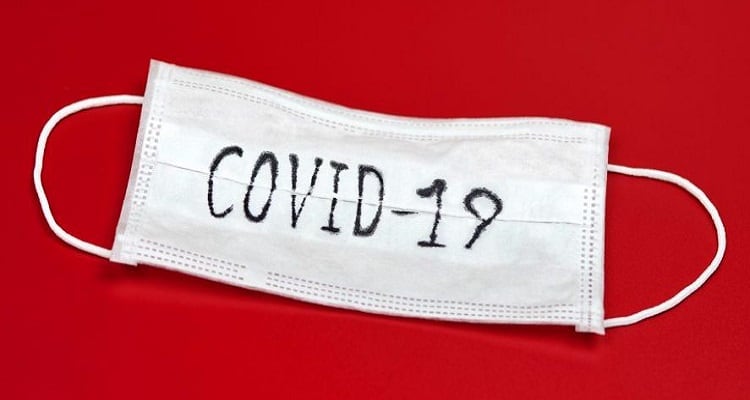WHO South-East Asia Region confirms first few cases of Omicron, countries urged to step up COVID-19 response measures
Studies are underway to evaluate Omicron’s transmissibility, severity, reinfection risk, immune escape potential, clinical presentation, response to other available countermeasures etc.
As India confirmed two cases of Omicron, the World Health Organization today said countries in South-East Asia Region should further strengthen COVID-19 response measures to curtail the spread of the virus and its variants.
Dr Poonam Khetrapal Singh, Regional Director WHO South-East Asia Region said, “Strengthening surveillance to rapidly detect importation of any new variant and transmission of existing virus and its variants; implementing calibrated public health and social measures and scaling up vaccination coverage, should continue to be our focus.”
Within a week of announcement of Omicron as a new variant of concern, India yesterday confirmed the variant in two persons detected with COVID-19, the first few cases in WHO South-East Asia Region.
Studies are underway to evaluate Omicron’s transmissibility, severity, reinfection risk, immune escape potential, clinical presentation, response to other available countermeasures etc. Preliminary evidence suggest higher transmissibility and potential immune escape that could lead to surge in cases. Regardless of change in severity, increase in cases alone may pose overwhelming demand on health care systems and may lead to increased morbidity and mortality.
The Regional Director said as part of enhanced surveillance, countries need to ensure they have early warning systems in place composed of multiple indicators such as rapid increase in cases and test positivity rates. It is also important to monitor indicators related to disease severity and pressure on health care systems – such as bed occupancy in wards and intensive care units.
Event based surveillance must be enhanced such as – rapid spread of outbreaks in healthcare facilities or communities which may be triggered by a variant that spreads more easily from person to person. Or increase in cases among populations expected to have a high level of immunity with prior infections or high vaccination coverage, which may indicate the presence of a variant able to evade the immune response.
Even as studies are ongoing to understand effectiveness of vaccines and therapeutics in view of the multiple mutations in Omicron, it is reasonable to assume that currently available vaccines offer protection against severe disease and death, the Regional Director said, adding that efforts should be intensified to accelerate COVID 19 vaccination coverage in all eligible populations but with priority for populations at high risk for serious disease who remain unvaccinated or not yet fully vaccinated. These include older adults, health care workers and those with underlying conditions which puts them at risk of severe disease and death.
National authorities should apply a multi-layered risk mitigation approach to potentially delay export or import of the new variant. Blanket travel bans will not prevent the international spread, instead they place a heavy burden on lives and livelihoods. In addition, such bans can adversely impact global health efforts during a pandemic by disincentivising countries to report and share epidemiological and sequencing data, Dr Singh said.
The use of masks, physical distancing, ventilation of indoor space, crowd avoidance, and hand hygiene remain key to reducing transmission of COVID-19, even in the context of emerging variants, she said. These measures may need to be enhanced, to further limit interpersonal contact, to control transmission with a more transmissible variant. Countries should be ready to escalate public health and social measures in a timely manner to avoid overwhelming demands on health care services.
On the option of imposing lockdown to curtail virus transmission, the Regional Director said, though effective, these measures are very costly and should be used as a last resort.
“We cannot and should not let the virus and its variants spread and mutate further and continue to challenge us. We need to do everything we can to curtail their spread. We know what to do. The pandemic has lasted just too long and is draining our precious human and other resources. We need to stop this,” the Regional Director said.
- Advertisement -


